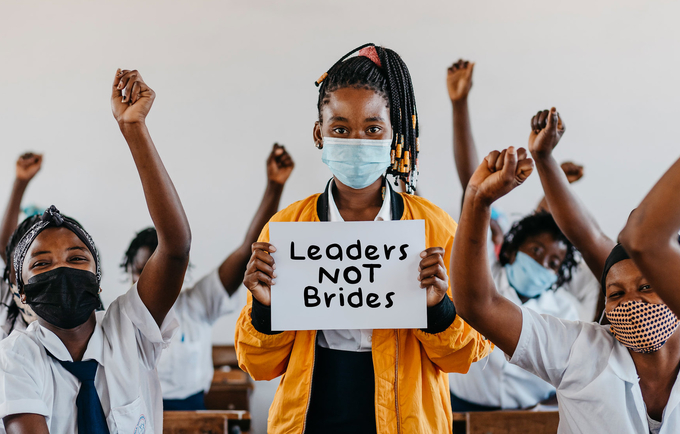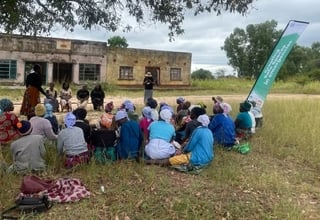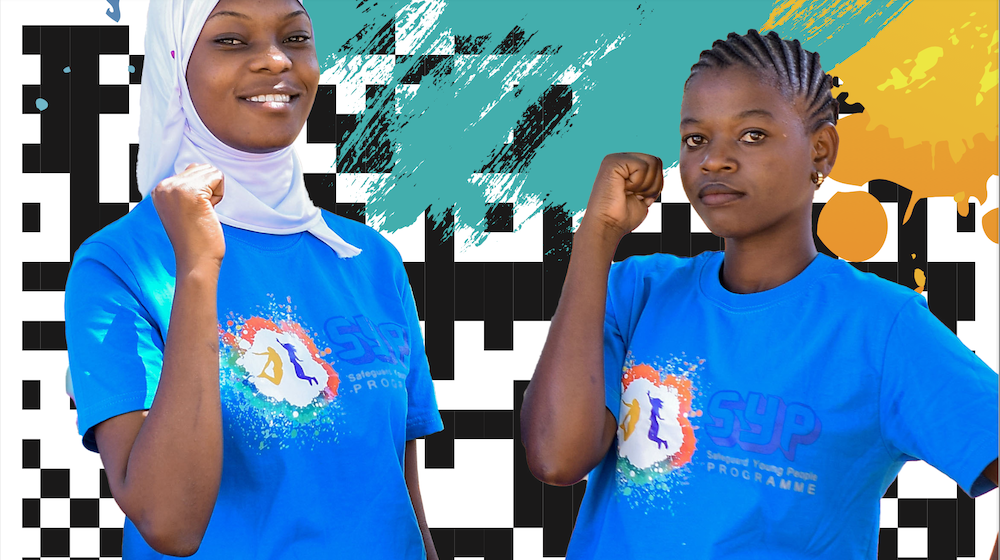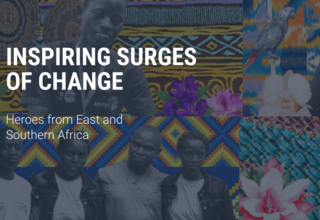The East and Southern Africa region has about 649 million people. Of these, around 32 per cent are aged 10 to 24 years (2022) – and this proportion is growing. What happens to them in adolescence will influence not only the course their lives will follow, but that of the region as a whole.
A great deal is said about the importance of youth participation and voice. In reality, however, youth – especially girls and young women – rarely have opportunities to train and act as leaders or as advocates in places where the decisions that affect their lives and their human rights are made.
UNFPA actively consults and engages young people in its own work and advocates for this in the work of partners. UNFPA also trains different categories of young people (those living with HIV, adolescent mothers, those forced into child marriage, those exploited into sex work, and peer educators) in leadership and meaningful participation and advocacy for their issues.
UNFPA supports young people to organize themselves as networks (Y-Peer, AfriYAN and Young Positives). Additionally, UNFPA assists them to access different fora (in their countries, at the regional level, or globally) so that they can represent youth voices and advocate for increased investment on their development.
If young people are given the right opportunities, they can be drivers of change. They will have the capacity to advance issues and programmes for young people, such as education, including comprehensive sexuality education, youth-friendly services, employment and self-employment as well as overall development of their countries.




